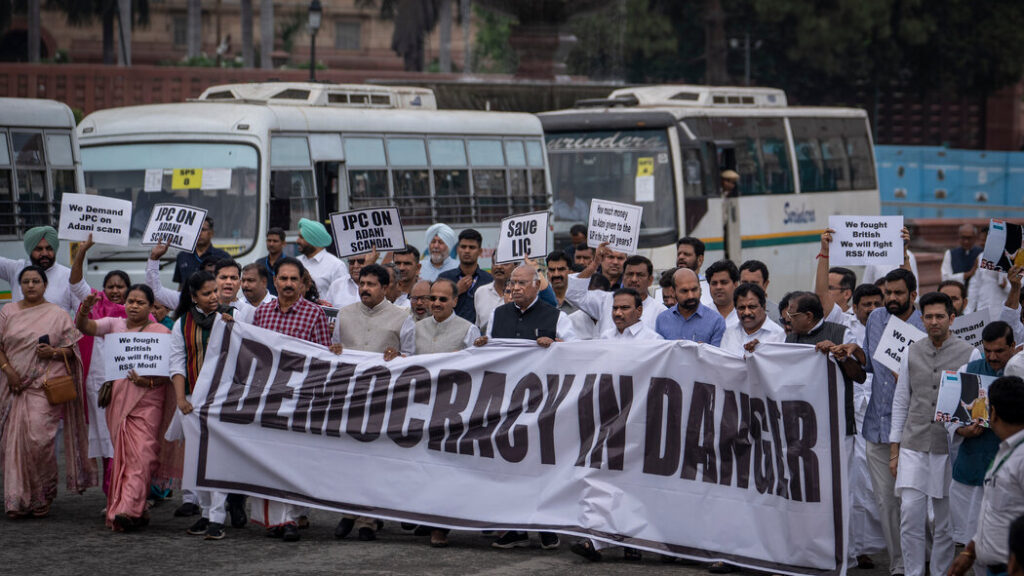Rahul Gandhi, the alleged prince of Indian politics, has only been precariously holding onto his throne as he lost to Prime Minister Narendra Modi in a landslide. Adding onto these misfortunes is the fact that the now Prime Minister Modi has filed a case against Gandhi for criminal defamation.
Gandhi is a member of the Indian National Congress (INS) which has ruled India for 54 of the 75 years since India gained independence. 37 of those 54 years the INS has been ruled by the Gandhi family; however, this defamation case, and the repercussions it may reap may change the rulers of the world of Indian politics. As of Friday, March 24, Rahul Gandhi has been disqualified from a position in India’s Parliament.
The case facing Rahul Gandhi has been widely and publicly contested. Some call Prime Minister Modi out for targeting critics and trying to have them silenced. This defamation case is based on a remark Rahul Gandhi made in his 2019 campaigning when he “referred to the surname Modi and asked how all thieves had the surname.” This was found as a particularly derogatory statement as the surname ‘Modi’ is not only associated with the current PM but also with the lower rungs of India’s traditional caste hierarchy.

The courts found Gandhi guilty of defamatory remarks and charged him with two years in prison. This sentence has forbidden Gandhi from sitting in on meetings of the Lok Sabha. Furthermore, if this sentence is not contested and retracted, Gandhi could find himself ineligible to convene meetings regarding politics. The defamation case against Gandhi is a blow against his once dominant Congress which now controls less than 10% of the elected seats. This, alongside Gandhi’s loss against the BJP in the last two general elections, has caused mass panic to spread.

Shashi Tharoor, the former foreign minister from Gandhi’s party stated “I’m stunned by this action and by its rapidity. This is politics with the gloves off and it bodes ill for our democracy.” As the successor of a hearty legacy of politics that begins with independence leader Jawaharlal Nehru, it is this legacy that Modi hopes to eradicate when “[his party] say dynastic politics has no role in a democracy.”

